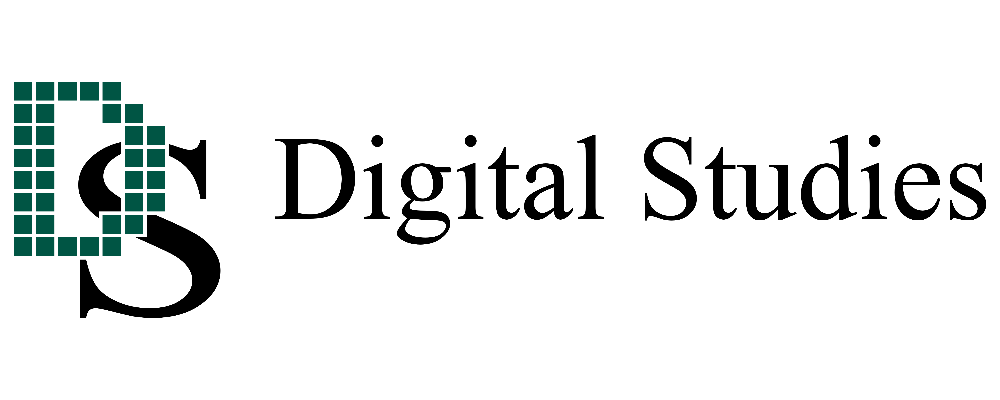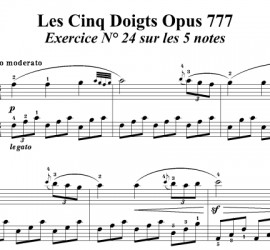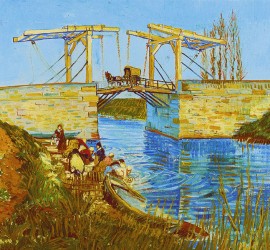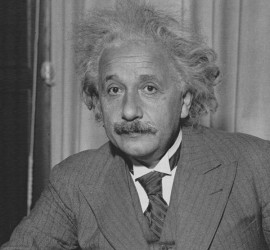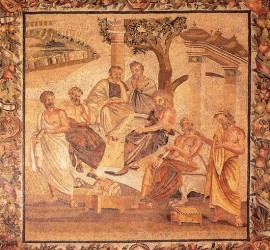Chapter 4: Remarks on the notion of hypertext
Hypertext is a text where it is possible to activate algorithmic functions. And if the interest of the algorithm is its invaraiability, the interest of a noetic psychic individual is its variability: this is where negentropy and novelty come from. The problem is to know how to articulate them together.
